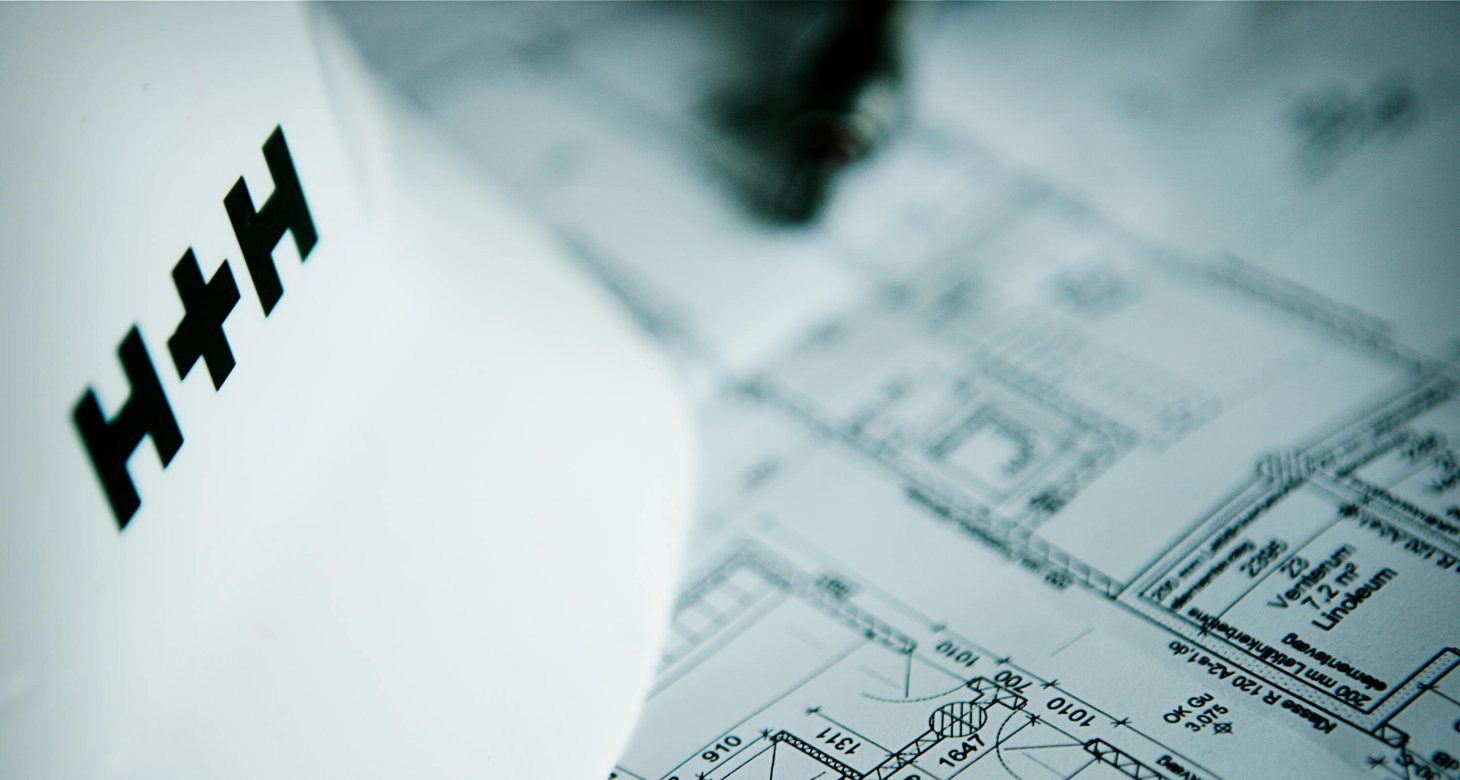
Responding to the publication of the Cities Devolution Bill and the Government’s policy on Right to Buy, Mark Oliver, managing director of H+H, leading building materials manufacturer, has dismissed any talk that either of these initiatives will have a significantly positive impact on house building numbers in the next five years.
Speaking about the Cities Devolution Bill he said: “Back in 2010 the Coalition introduced the New Homes Bonus. It was supposed to incentivise local councils to increase the number of new homes built by giving them a financial reward, which they could then spend on more services or use it to reduce local council tax bills. It was hailed as the policy that would break down the local authority barriers to development, but we don’t hear much about it now and on the face of it not much has changed.”
“Many local authorities are inherently against development of any kind – shops, railways, airports and houses. Often, local politicians are elected on the promise to actually prevent development. On this basis I don’t think that the Cities Devolution Bill will have much impact on house building levels over the next five years.”
On Right to Buy, Oliver again is sceptical, he said: “Instead of using tax payers’ money to build new council houses, the Government has decided to use it to increase private home ownership within the existing housing stock.”
“Since 2012 around 30,000 council houses have been transferred into private ownership with a taxpayer subsidy. They were supposed to have been replaced on a one for one basis, but only around 3,000 new council houses have been built during this time. That’s a ratio of 1 in 10, so why should we believe that it will be any different this time around?”
Oliver believes that if we are to see a dramatic increase in housing starts the Government would need to introduce a radical piece of legislation but he said: “to be radical the Government would need to have either a strong majority or strong finances. Unfortunately it has neither so in the next five years we should expect more of what we have seen in the last two years, but this is not a bad thing - stability is good for the house building supply chain.”
Instead of a fast fix to housing numbers, Oliver believes that a stable market is far more beneficial than the peaks and troughs that we have experienced in the past few decades. He said: “A steady 180,000 new homes a year is far better than 220,000 in one year and 120,000 two years later, like we had in 2007 and 2009 respectively.”